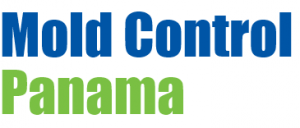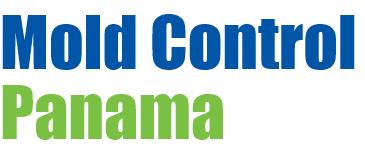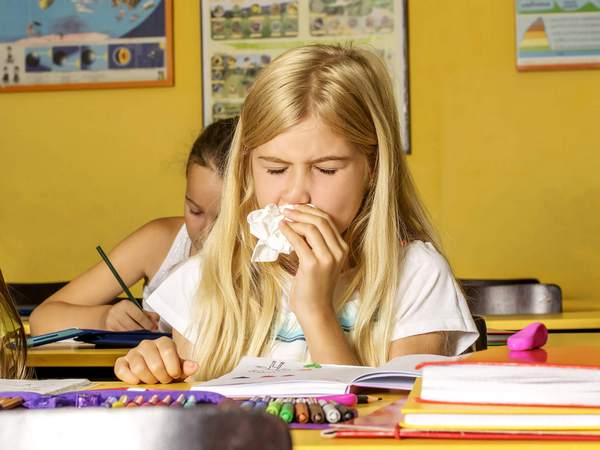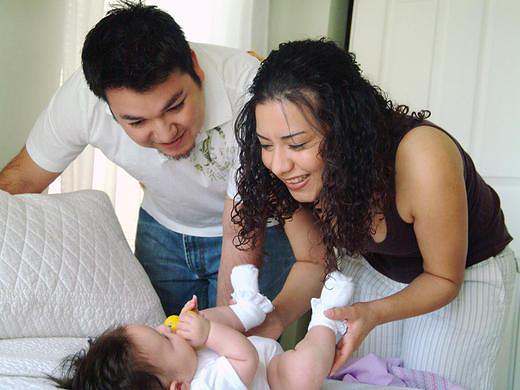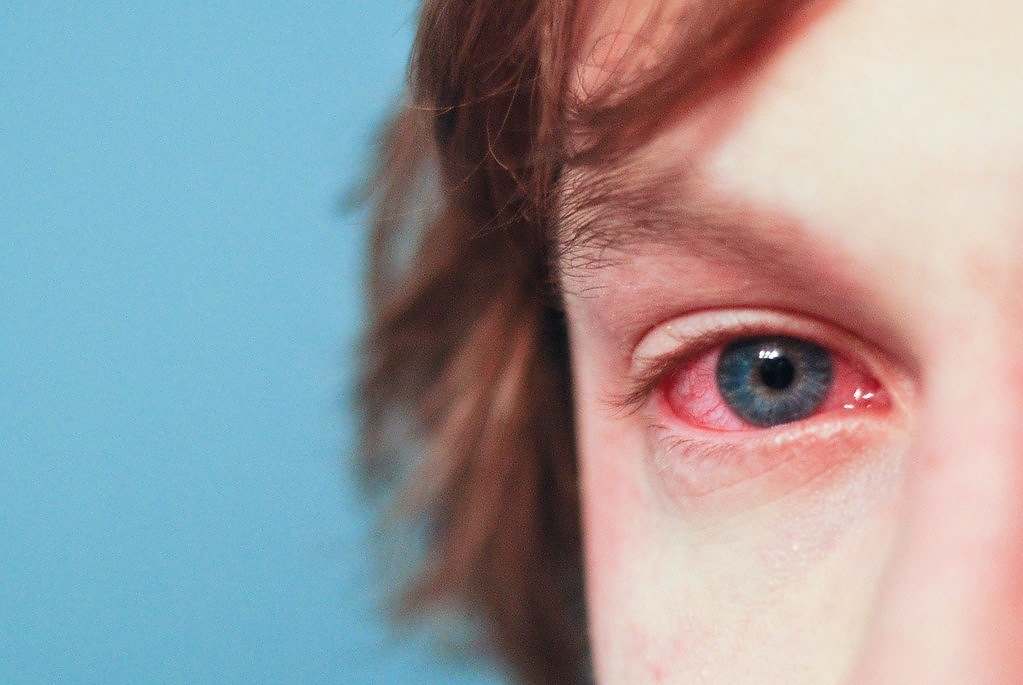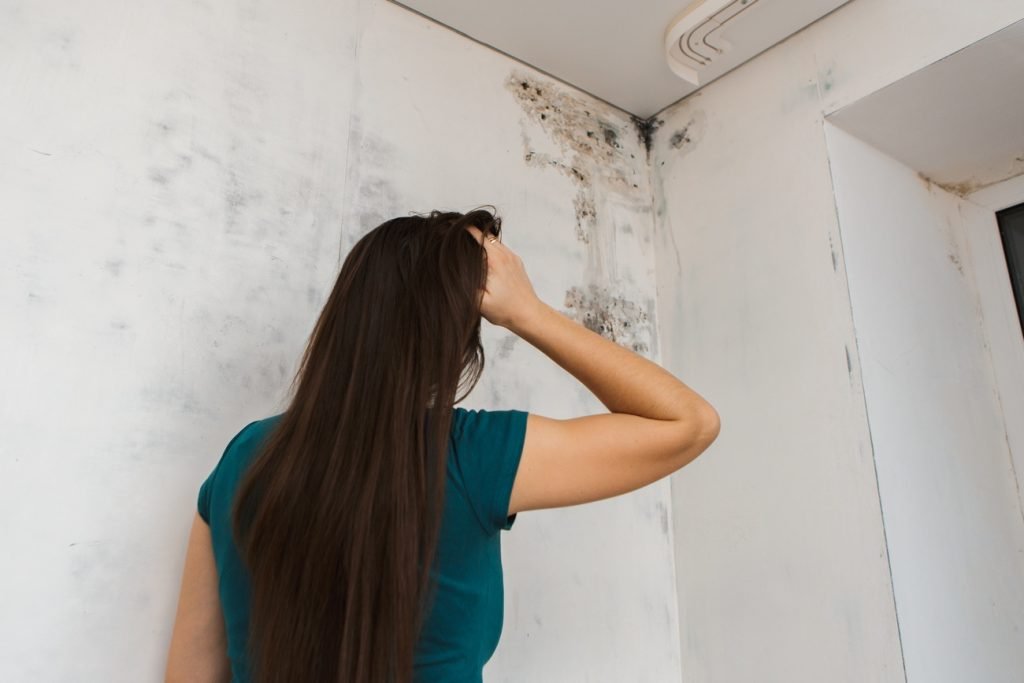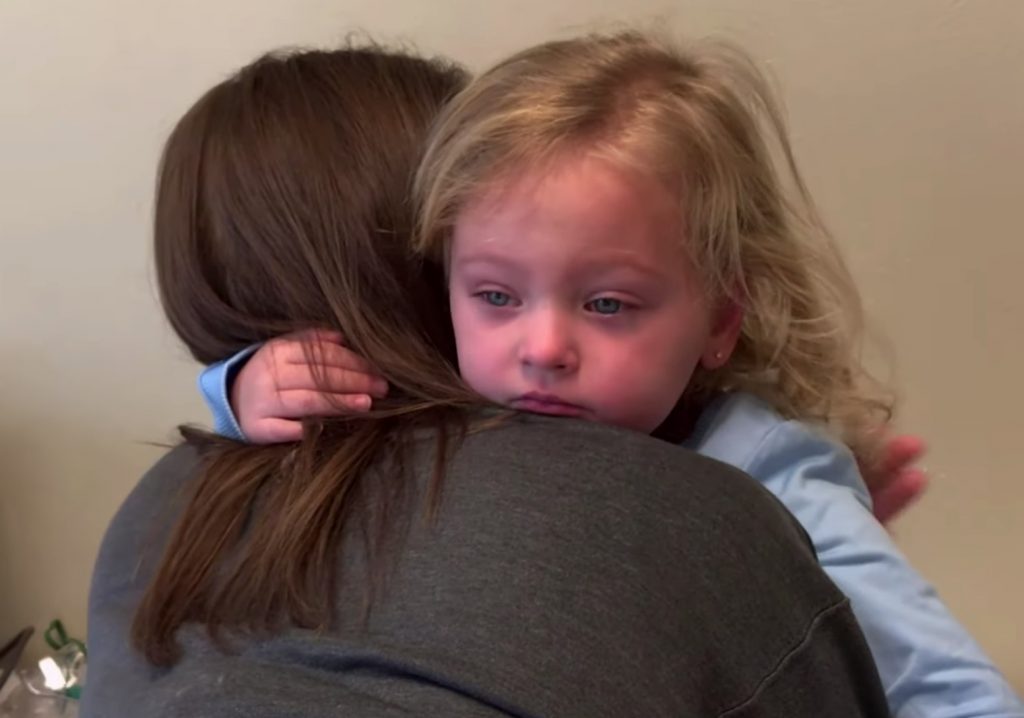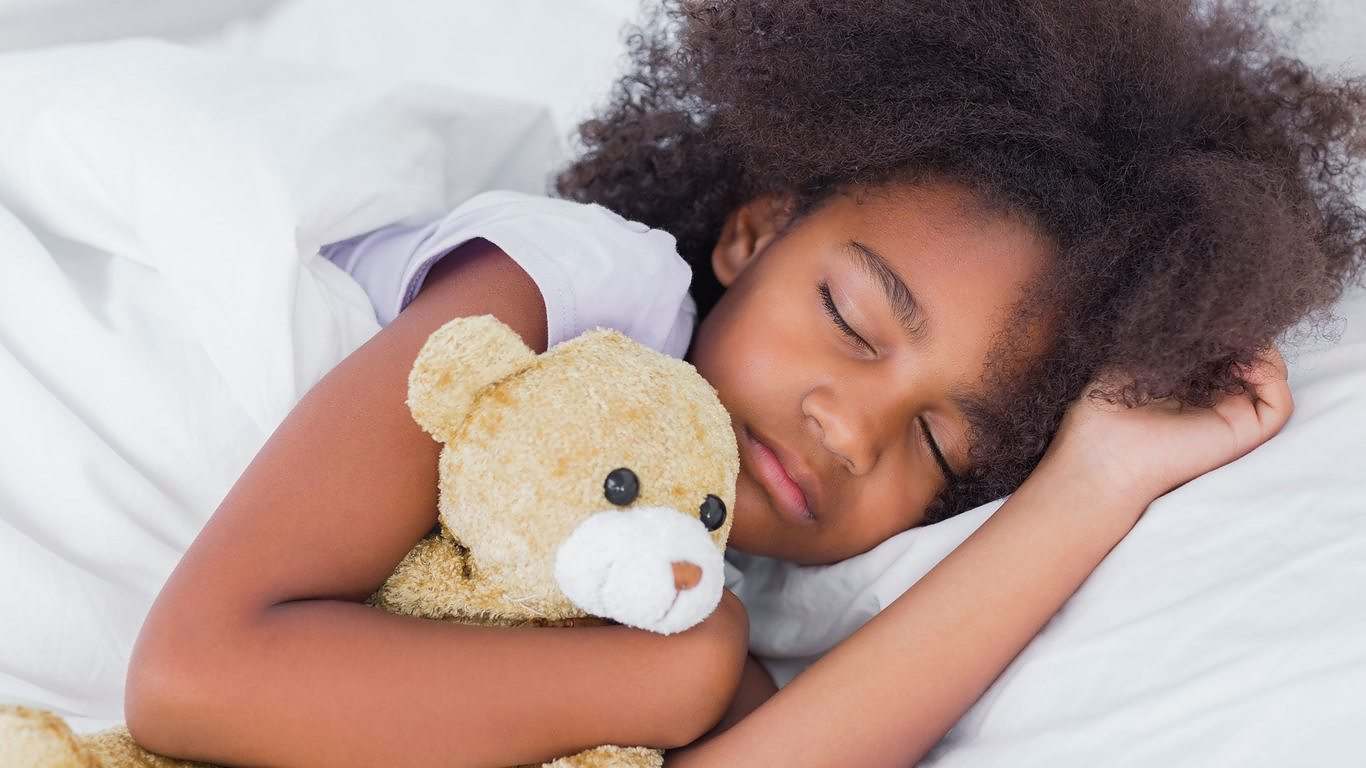
Coronavirus, Just the Facts on Personal Protection in Panama
We typically deal with mold remediation in Panama, but have received inquiries if we can treat homes and offices for the presence of Coronavirus. Simple answer is no.
Industry specialists know that a sanitary disinfection process is not a effective or a worthwhile process. Very specialized training and unique personal protection for technicians is required. But below we provide some essential and factual safety information for you and your family.
1. What can I do to prevent becoming infected?
When people are sick with a respiratory disease like COVID-19, they cough or sneeze particles into the air. If someone is coughing near you, the virus could easily land on your eyes, nose or mouth.
These particles travel only about six feet and fall out of the air rather quickly.
However, they do land on surfaces that you touch all the time, such as railings, doorknobs, elevator buttons or subway poles. The average person also touches their face 23 times per hour, and about half of these touches are to the mouth, eyes, and nose, which are the mucosal surfaces that the COVID-19 virus infects.
Public health professionals can’t stress this enough: Proper hand-washing ( is the best thing you can do to protect yourself from a number of diseases including COVID-19. While hand-washing is preferred, hand sanitizers with at least a 60% alcohol concentration can be an effective alternative to always using soap and water, but only if your hands are not visibly soiled.
Watch the WHO recommended practice in video here.
2. Wouldn’t it be easier just to clean surfaces?
Not really. Public health experts don’t fully understand the role these surfaces play in the transmission of disease, and you could still be infected by a virus that landed directly on you. We also don’t know how long the coronavirus that causes COVID-19 can survive on hard surfaces, although other coronaviruses can survive for up to nine days on hard surfaces like stair railings.
Frequent cleaning could remove the virus if a surface has been contaminated by a sick person, such as when someone in your household is sick. In these situations, it is important to use a disinfectant that is thought to be effective against the COVID-19 virus. Although specific products have not yet been tested against COVID-19 coronavirus, there are many products that are effective against the general family of coronaviruses. Print this list of products that have been pre-approved by the U.S. Environmental Protection Agency (EPA) for use against emerging enveloped viral pathogens and can be used during the 2019 novel coronavirus (COVID-19) outbreak. Take it when you go shopping in Panama.
Cleaning recommendations using “natural” products like vinegar are popular on social media, but there is no evidence that they are effective against coronavirus.
You also have to use these products properly in accordance with the directions, and that typically means keeping the surface wet with the product for a period of time, often several minutes. Simply wiping the surface down with a product is usually not enough to kill the virus.
In short, it isn’t possible to properly clean every surface you touch throughout your day, so hand-washing is still your best defense against COVID-19. And as soon as an infested person enters the room and sneezes or touches an object, that surface will likely be contaminated again.
3. What about wearing masks?
While people have turned to masks as protection against COVID-19, masks often provide nothing more than a false sense of security to the wearer. The masks that were widely available at pharmacies, big-box stores and home improvement stores – until a worried public bought them all – work well at filtering out large particles like dust. The problem is that the particles that carry the COVID-19 virus are small and easily move right through dust masks and surgical masks. These masks may provide some protection to other people if you wear one while you are sick – like coughing into a tissue – but they will do little to protect you from other sick people.
N95 masks, which filter out 95% of the small, virus-containing particles, are worn in health care settings to protect doctors and nurses from exposure to respiratory diseases. These masks provide protection only if they are worn properly. They require special testing to ensure that they provide a seal around your face and that air doesn’t leak in the sides, defeating the purpose of the mask. People wearing the mask also must take special steps when removing the mask to ensure that they are not contaminating themselves with the viral particles that the mask filtered out. If you don’t wear the mask properly, don’t remove it properly or put it in your pocket and reuse it later, even the best mask won’t do you any good.
 In summary, practice good public health habits;
In summary, practice good public health habits;
- Wash your hands frequently and thoroughly
- Don’t touch your face with your hands
- If you are sick stay home and be super diligent of coughing and sneezing
- Stay healthy to support your immune system; sleep well, eat well, exercise.
###
